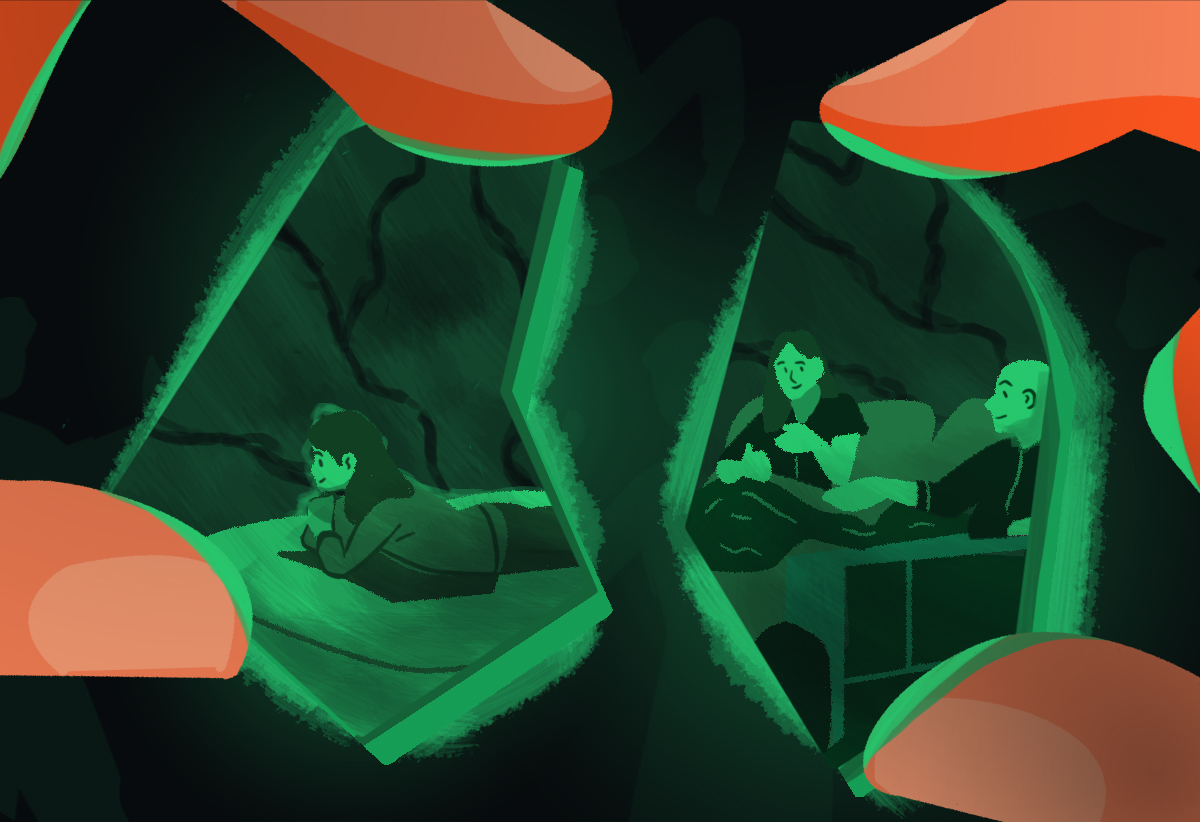Filipino culture abundantly values close family ties, but what may appear as intimacy to some may be suffocating for others.
THE VIBRANT magic and music of Disney’s Encanto (2021) belie the film’s more somber themes. The tale of the family Madrigal is set apart from others in Disney’s filmography, as none of its characters serve as the villain. Instead, the issues of generational trauma and overwhelming family expectations are the specters that cast dark clouds over the casita’s living ceramic roof.
Although Encanto is set in a village nestled in the mountains of South America, it is not difficult to draw parallels between Colombia’s family-centric culture and that of the Philippines. Multigenerational homes and close ties with the extended family are among the familiar sights shared by the two societies.
Unlike in the Disney blockbuster, however, the struggles of problematic family practices and traditions are no song and dance. The burden of familial pressure may weigh heavily on individuals’ minds and may cause very real relational rifts and emotional damage.
Surface pressure
Rose*, a first-year BS Nursing student at the Pamantasan ng Lungsod ng Maynila, is the eldest daughter in the family of four. Due to her parents’ separation, she was raised by her grandparents. At a young age, she was already exposed to the harsh reality of her family’s economic disposition.
Rose’s reality consists of two things: Being unable to pursue her dream of becoming a writer, and choosing a more practical degree in nursing instead. Though she wanted to pursue a career through her passion, she knows that achieving one’s dreams is not just a matter of pursuing what she wants, but rather a calculated move to obtain what she needs. “I’m obliged–I’m forced to become responsible. I’m obliged to choose what is practical for us and for myself,” she shares.
Being the eldest daughter in a household has its own complications. Whether the choice of opting for practicality over passion is a matter of responsibility or a fault of society, Rose’s situation exhibits a crack in the Filipino family culture.
According to Rose, “When it comes to pressure, I think it’s just something that our generation has to live by, especially in a country like the Philippines… we have to struggle a lot in order to get the opportunities we rightfully deserve–that’s just something we have to face.”
Compromising one’s dream is not a novel issue, but the dilemma of first-born Filipino children choosing between their personal aspirations and their family’s needs is a cycle that never gets old.
A deeper dive
Rose certainly had her family’s best interest in mind when she chose pragmatism over passion. However, this type of decision may involve hurdles to personal fulfillment and individual growth to eldest siblings like Rose.
Anthropologist and cultural historian Fernando Zialcita cautions that entrusting the eldest child the responsibility to provide for their siblings can strengthen ties at the cost of the former’s aspirations. “The eldest daughter [tends to] to sacrifice some of her goals. Kung minsan, napo-postpone pati ang sariling edukasyon (Sometimes, even their education gets postponed),” he says.
Additionally, family therapist Katrine Bunagan shares that the experience of parentification is common among the firstborns, breadwinners, or tagasalo of families. “Psychologically, they’re not able to go through the developmental tasks that are appropriate for their age,” she adds.
Bunagan also states that a family environment dominated by overly controlling elders can generally stunt the development of children’s decision-making skills, self-efficacy, and openness with the rest of the household.
In the end, she communicates that parents’ lofty standards, both implicit and explicit, introduce perceived pressure onto children to act a certain way—for fear that they will be deprived of their parents’ love and acceptance.
Breaking the cycle
Rose’s case is not unheard of in the Philippines, as it is only one of the numerous flaws of the Filipino family culture. Fortunately, rather than sweeping these conversations under the rug, individuals now have the opportunity and avenues to talk about the struggles they have come up against.
While the fractures of the Filipino household are cultured among family members, Zialcita reveals that it is also deeply rooted in a faulty socioeconomic institution. “If there were [a better] system, I think there would be less pressure on parents to demand fealty and care from their children, kasi mayroon naman silang masasandalan (because there is something to fall back on),” he points out.
In line with this, Bunagan remarks that while the culture of utang na loob among families is not a bad thing, it is still vital to establish limits and boundaries. Evidently, evolution within the family is necessary.
Family cultures are traditions that have been imprinted in people’s lives. However, times are constantly changing and it is only right for families to recognize the flaws of such traditions and begin to heal the scars that have long existed.
After all, the only way to treat the wounds that were inflicted is to recognise where they started.







